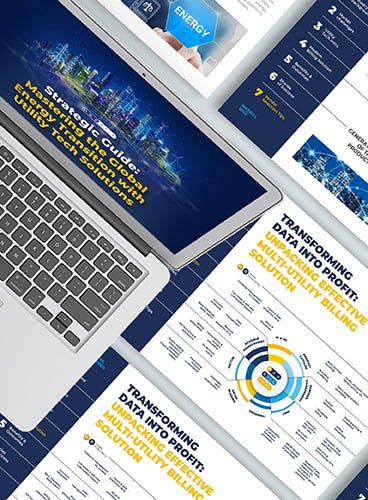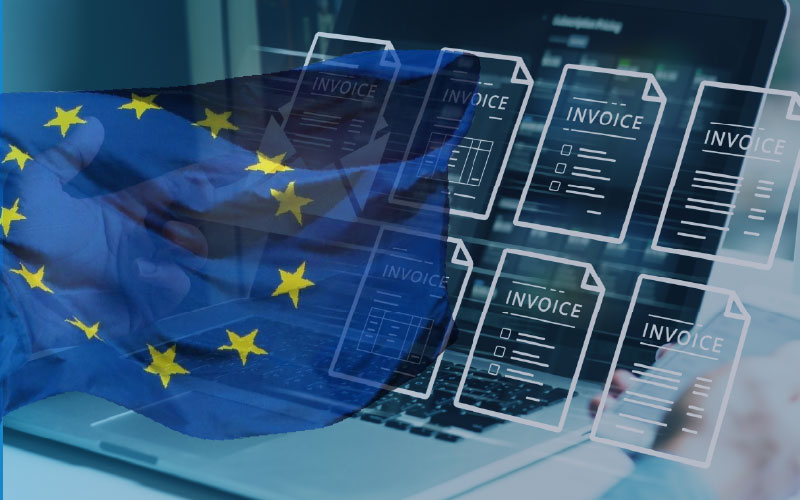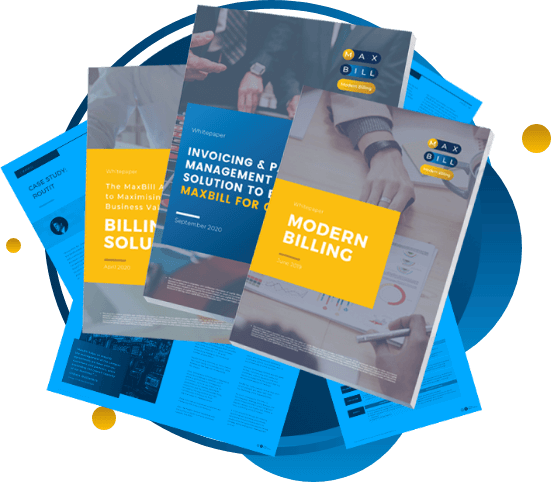Updated: January 2, 2026
2024 has been a year of many challenges, but it has also been a year of important lessons. One of them is the vital role of strong partnerships. In many verticals, collaborations help organisations create new value by tackling industry-specific challenges, expand their reach, and grow their customer base. They let companies fill in the gaps in their offerings, improve their functional capabilities, and meet the constantly changing regulatory requirements.
Yet, establishing and managing partnerships is a science. In order to do it efficiently, business executives need to consider implementing partner relationship management best practices. This approach helps increase the number of successful collaborations and decrease the rate of unproductive and unhappy partners.
So, in this article, we’ll review the most practical tips about how to manage partners efficiently. You’ll find out how to add new ones, leverage services together, and ensure the company’s tech solution is a good way to future-proof business growth. Let’s get started.
What is Partner Relationship Management?

According to Forrester, Partner Relationship Management (PRM) comprises planning, recruitment, onboarding, enablement, incentives, co-selling, co-marketing, and management. With technology changing quickly and making it possible to automate more processes and workflows, the PRM market has grown a lot in the last two years.
As 75 % of world trade is done indirectly, brands are investing more in their indirect channels, partnerships, and alliances, so the number of partner management solutions has grown.
According to the expertise the MaxBill team has accumulated over the years, the majority of businesses seek ways to:
- extend the service offer;
- increase the revenue;
- secure the future of the business.
A good PRM software for B2B partner management helps achieve all of the above by providing:
- better scalability without manual labour addition;
- the ability to import a wide set of acquired bilateral agreements;
- speedy contract definition setup with the use of templates and standardization;
- quickly and correctly calculated self-explanatory, transparent price breakdowns and settlements reports;
- the means to gain partners’ trust with correct and consistent revenue calculations for the value chain they own;
- risks mitigation of financial penalties associated with audits and/or non-compliance with contracts or legislation;
- technical capacities to implement PRM strategies and tactics to expand the partner base and secure great collaborations.

Best PRM Practices

MaxBill has been in the B2B market for 25 years now, so we’ve had a chance to support partnerships from diverse verticals, including telco, utility, and gaming. Based on our experience, we developed a solution for horizontal and vertical tree-like reconciliation hierarchies. The models they support are B2B, B2B2C, wholesale, and reselling with two-sided billing from one system.
With this real-world expertise, we’ve put together some tips that help manage partners efficiently and, this way, ensure business growth.
Establish a Clear View of the Expectations
Parties that enter a business relationship should know exactly what they agree upon. Having a contract set up in writing sounds like an obvious thing to do. However, not everyone can create the right framework that will include the main intricacies of the particular relationship. Sometimes, a long document describing every aspect of each business from both parties’ perspectives is necessary to work out everything in full. Other times, a short and structured letter suffices.
Outlining and following complex commercial rules can become a tiresome process, requiring multiple negotiations and a lot of paperwork. Nowadays, partner relationship management best practices always suggest using a PRM platform that backs up the technical capabilities of collaboration.
A platform like this has a range of contract templates. They help set up business relationships quickly, track and measure the effectiveness of partner activities, manage revenue distribution accurately, and provide automated features to streamline processes.

Work together on revenue streams and move up value chains
Partner management best practices do not only allow for the successful onboarding of a partner within the company’s ecosystem. They also focus on mutual data exchange on service provision and creating new value chains together. Data cooperation can result in a more individualised consumer experience within the confines of privacy laws and security precautions.
This clearly includes a PRM platform that manages such complex relationships, allows for the creation of new combined offers, and, of course, accurately calculates their monetisation.
For instance, in the energy and utility (E&U) industry, partnerships open up opportunities for combined offerings—hardware and software, energy and services—with a lesser initial outlay of funds. This hastens the implementation of low-carbon solutions—the top priority for the energy transition.
In the Telco industry, this approach is vital as well. For instance, Integrio is a telco-managed services provider based in the Netherlands. It operates through a complex network of brands, service providers, partners, and micro, small, and medium-sized businesses that are all different but work well together.
They started using the PRM system as their customer base and product offerings expanded. It was built with the ability to combine the growing number of partners, customers, and service offerings into a single, unified whole. This makes it perfect for multitenancy.
Gain data-driven insights into partners beyond your own system

The concept of PRM best practices went beyond the establishment of partner relationships. Now, they include the ability to manage the master account of a partner integrated with other systems for a full overview of the partner’s profile and activities.
In other words, once a company has liaised with a number of partners on one platform, it can access the data not only within its own system but from other subsystems. Such information gives insights into partners’ profiles, their activities and services, revenue splits, etc.
Why is it important for businesses? Having access to centralized information about behaviour patterns and performance metrics can provide valuable insights for businesses. By analysing this data, companies can make informed decisions about improving their products and services to meet specific customers’ needs and preferences.
Thus, Integrio has access to data from different tenants under one roof while keeping them securely separate and easy to manage. The variability of the system allows the company effectively segment the market and provide tailored service offerings to different groups of users.
Make sure your tech solution will allow as much scalability as you need

Any company needs to have the ability to scale and shift rapidly and seamlessly if it wants to be prepared for whatever the future holds.
For a business to evolve, it needs to be able to roll out a new service and then work on getting more leverage. Luckily, nowadays, CIOs and other decision-makers can find a solution backed up by cross-industry knowledge, which also aligns with each step of partner relationship management best practices.
It works for everyone and doesn’t force providers to stick to a certain set of services or business models. PRM software provides the assistance required to expand the number of partnership opportunities, increase the number of customers without limits, control every aspect of the business processes, and monetise any service.
How To Choose The Best PRM Software

It is not an easy task to manage a lot of partners at once. It’s pivotal to make sure that PRM software supports the company’s business model. Here’s the thing: systems designed for businesses with their own consumption, following B2B or B2C models, and with their own value chain, following a B2B2C model, differ greatly in functionality.
The key point to focus on when surveying technological options is picking technology that enables billing, including revenue splits, commissions, etc., and automation (onboarding, workflows). Additionally, here’s the check-list of PRM best practices that a technology partner you’ve set your eyes upon should perform, in the first place:
- onboarding and training of the new partners, including a special safe mode to allow access to major functionality only after a successful exam;
- contract management supporting complex reconciliation hierarchies for B2B, B2B2C, wholesale, resellers and similar business models;
- 3rd party company settlement, partner commissioning configuration, two-side billing, revenue sharing;
- portals for the partners, where they can share content and communicate with customers;
- managing offers and services between different categories of customers;
- integration with 3rd party services for marketing companies and promotional offers including sending mass communications;
- automated workflows for major business processes for the partners, such as product offering, order management, revenue management and ongoing service relationships with their customers;
- tracking and measurement of the effectiveness of partner activities, including notifications and alerts defined based on business rules.
All of this is necessary to give the partner account managers a comfortable place to work and improve the relationships between the parties.
How Maxbill Can Help You With B2B Partner Management?
MaxBill markets itself as a B2B partner management solution that helps companies keep productive relationships with their partners and associates by implementing modern billing approaches.
The PRM services encompass
- Settlement with third-party companies: charges generated by other parties can be received and displayed on the customer’s bill alongside other costs.
- Calculation of Revenue Sharing and Royalties: depending on the partner license agreement, tax regulatory circumstances, limitations, and minimum guarantee, large and small enterprises ensure immaculate calculation accuracy for the gross or net revenue allocation or complex royalty payments.
- Application of miscellaneous charges: MaxBill enables businesses to bill customers for the activation of various auxiliary services, equipment, installations, or configuration tasks, according to the established tariff plan.
- Payment distribution: companies can apply customised payment allocation criteria utilising service and invoice priorities to help clients pay costs and fees.
- Financial procedure management: businesses maintain a variety of records resulting from the billing, payment, and other financial activities that they carry out; have financial procedures automated, even if they require approval from numerous managers.
- Access to data of a different nature: partner profiles, onboarding, contracts, orders, workflows, approvals and synchronizations, revenue, commissions, payments and refunds.
- Workflow and scalable platform that allows master accounts management and data synchronizations.
Struggling to manage multiple partners, dealing with data silos, and not being able to grow your partner base and scale the business? Let’s talk about what we can do for you!

































